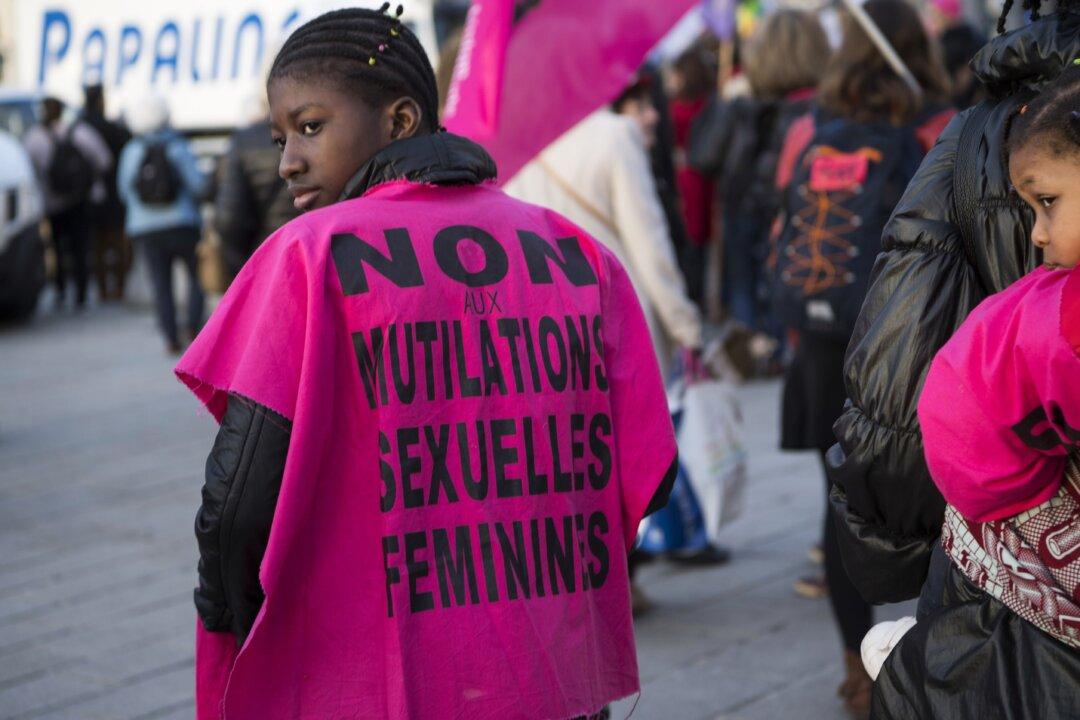A federal judge has tossed charges against a Michigan physician who had been accused of performing female genital mutilation (FGM) on young girls, and accused the prosecutors of vindictively pursuing new charges after he previously struck down as unconstitutional an earlier version of the federal anti-FGM law.
FGM is “a procedure performed on a woman or girl to alter or injure her genitalia for non-medical reasons” and “most often involves the partial or total removal of her external genitalia,” according to UNICEF.





